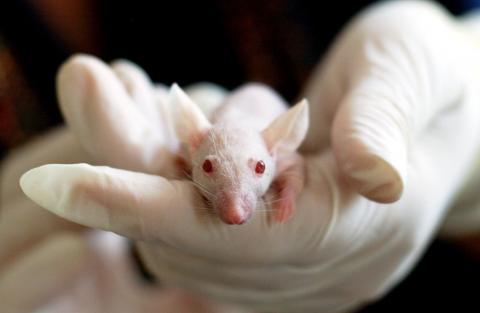Correlation between prenatal diet and autism diagnosis in children analyzed
A healthy diet during pregnancy is associated with a lower likelihood of children being diagnosed with autism or communication difficulties, according to a study. The research team did not find a correlation between prenatal diet and repetitive and restricted behaviors (characteristic of these disorders). The analysis is published in JAMA Network Open and gathers data from more than 96,000 mother-child pairs in England and Norway.

Dieta prenatal autismo - María M. Morales Suárez-Varela - EN
María M. Morales Suárez-Varela
Professor of Preventive Medicine and Public Health at the University of Valencia.
The article addresses the complexity of the causes of autism, which are not entirely clear, making this field a constant area of research. However, it is recognized that its etiology is multifactorial, involving both biological and environmental factors, among which diet is included. These environmental risk factors mainly impact the prenatal and perinatal periods. Maternal metabolic disorders such as diabetes, toxic substance use, exposure to environmental pollutants, and nutritional deficiencies during pregnancy, as well as child prematurity, low birth weight, and birth complications, have been associated with the development of autism.
One of the reasons for the lack of knowledge on this topic is the low prevalence of the autism spectrum, estimated between 1 and 2% of the general population, which makes conducting research on this group significantly challenging.
In this context, the present study investigates the association of the mother's prenatal diet with the diagnosis of autism. It is based on two large follow-up cohorts of mothers in Norway and England: the Norwegian Mother, Father, and Child Cohort Study during the period from 2002 to 2008, with 84,548 pregnant women and their babies, and the Avon Longitudinal Study of Parents and Children (ALSPAC) from the 1990s, with 11,670 pairs of pregnant women and their babies.
Diet intake and patterns are assessed using a food frequency control system, and the health status of the children is monitored. The authors identify that among mothers with a healthier dietary pattern, the frequency of autism in the children is reduced. Additionally, children born to mothers with high adherence to a healthy diet exhibit fewer communication problems at ages three and eight.
The methodology used in this study is of high quality, given the considerable sample sizes and the precision of the collected information, as well as the long-term follow-up of the participants, which supports the robustness of the obtained results.
Although previous studies have investigated the relationship between diet and autism, none have had such a significant sample size and meticulous data collection that includes extensive information about the parents. The main novelty of this study is that it identifies a 22% reduction in autism diagnoses among mothers who followed a healthy diet during pregnancy, which is the most outstanding finding of the work.
Among the study's limitations is the possibility of confounding factors due to the multifactorial etiology of autism. Additionally, genetic factors have not been considered, which could be necessary for future research. The complexity of assessing dietary patterns that evolve over time must also be taken into account.
This study highlights the importance of diet during pregnancy, and while it is robust, it can always be improved with future research. Clearly, it underscores the relevance of nutritional care during pregnancy and its impact on the child's health.
Catherine Friel et al.
- Research article
- Peer reviewed
- Observational study
- People



